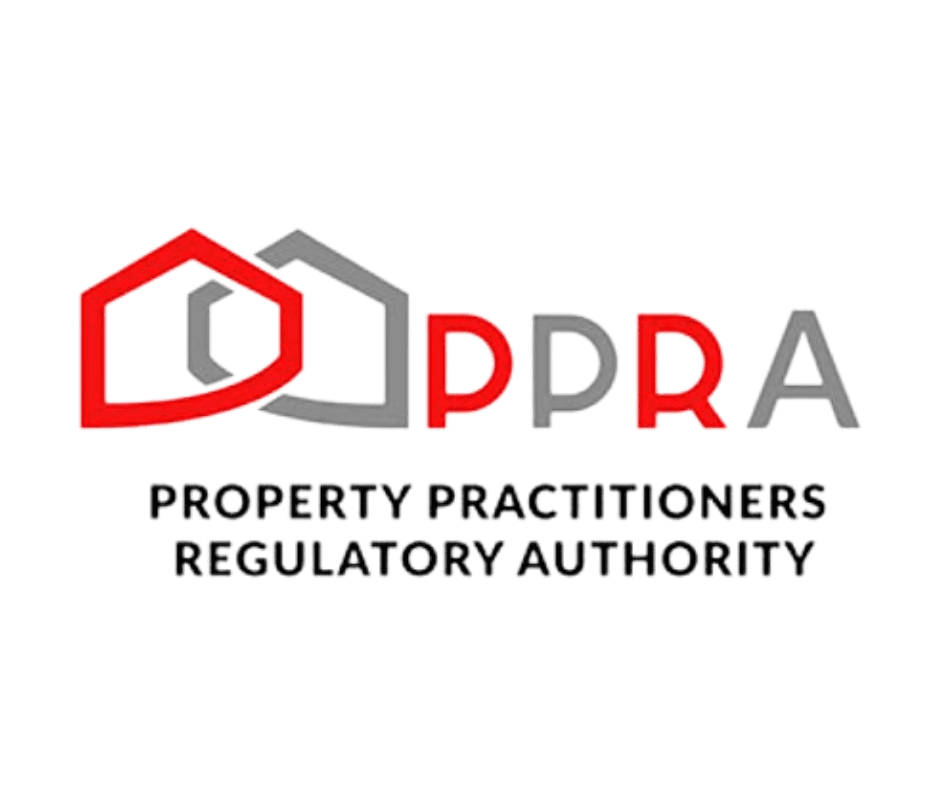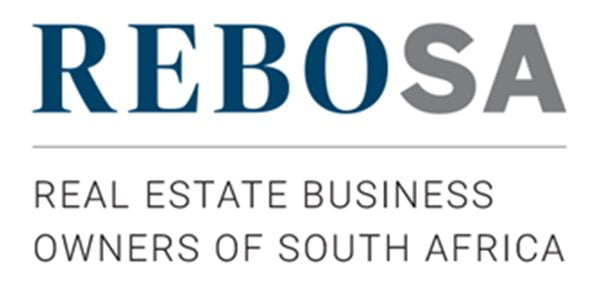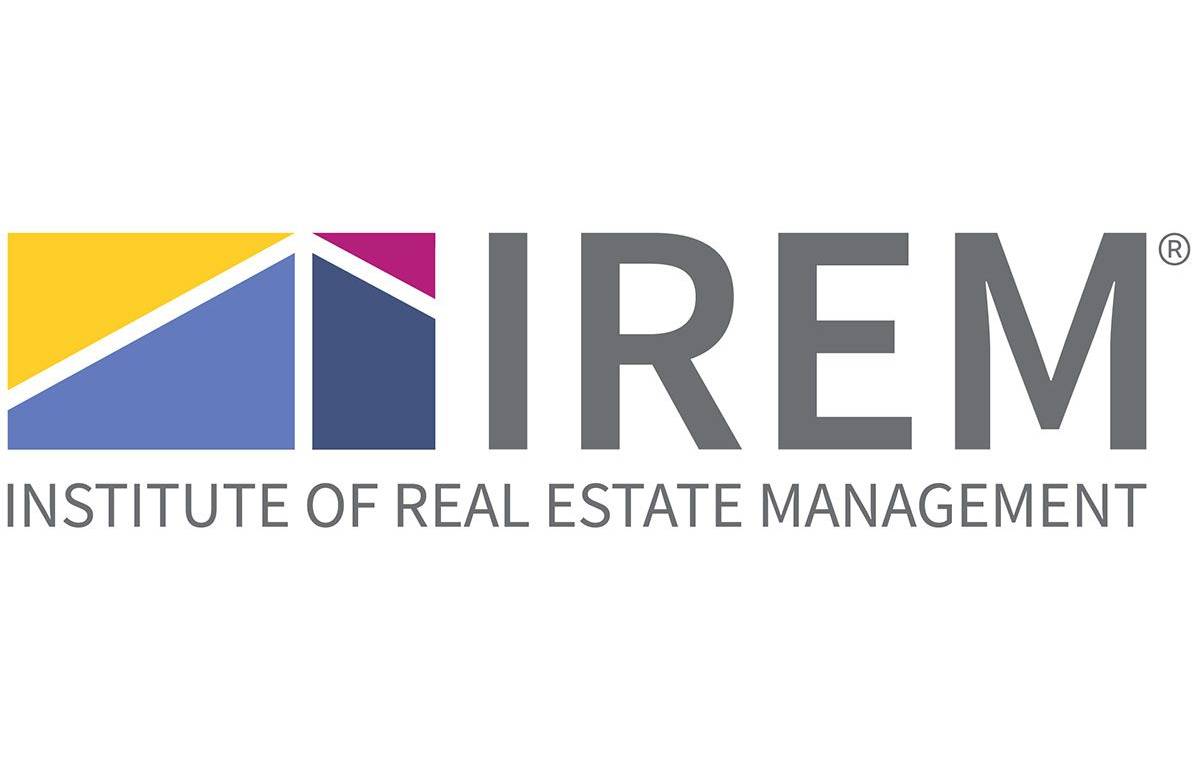The Property Practitioners Regulatory Authority (PPRA) is a South African statutory body established in terms of the Property Practitioners Act of 2019. The PPRA replaced the Estate Agency Affairs Board (EAAB) and is responsible for regulating the conduct of property practitioners and ensuring that the property sector operates in an ethical and professional manner.
The PPRA has a mandate to establish and maintain a register of all property practitioners, including estate agents, rental agents, property valuators, and property inspectors. It is also responsible for setting and enforcing standards of conduct for property practitioners, as well as developing and implementing policies and guidelines that promote transparency and accountability in the property sector.
The PPRA is also responsible for overseeing the education and training of property practitioners. This includes the accreditation of training providers and the development of training curricula that meets the standards set by the PPRA. The PPRA has also established a Continuing Professional Development (CPD) program that requires all registered property practitioners to undertake ongoing training to maintain their registration.
The PPRA has enforcement powers to investigate and prosecute property practitioners who fail to comply with the standards of conduct set by the authority. The PPRA has the power to impose fines, suspend or revoke registration, and prosecute non-compliant property practitioners in court.
The PPRA is headquartered in Sandton, Johannesburg, and has regional offices in other parts of the country. The authority is funded through registration and renewal fees paid by property practitioners, as well as through fines and penalties imposed on non-compliant property practitioners.






